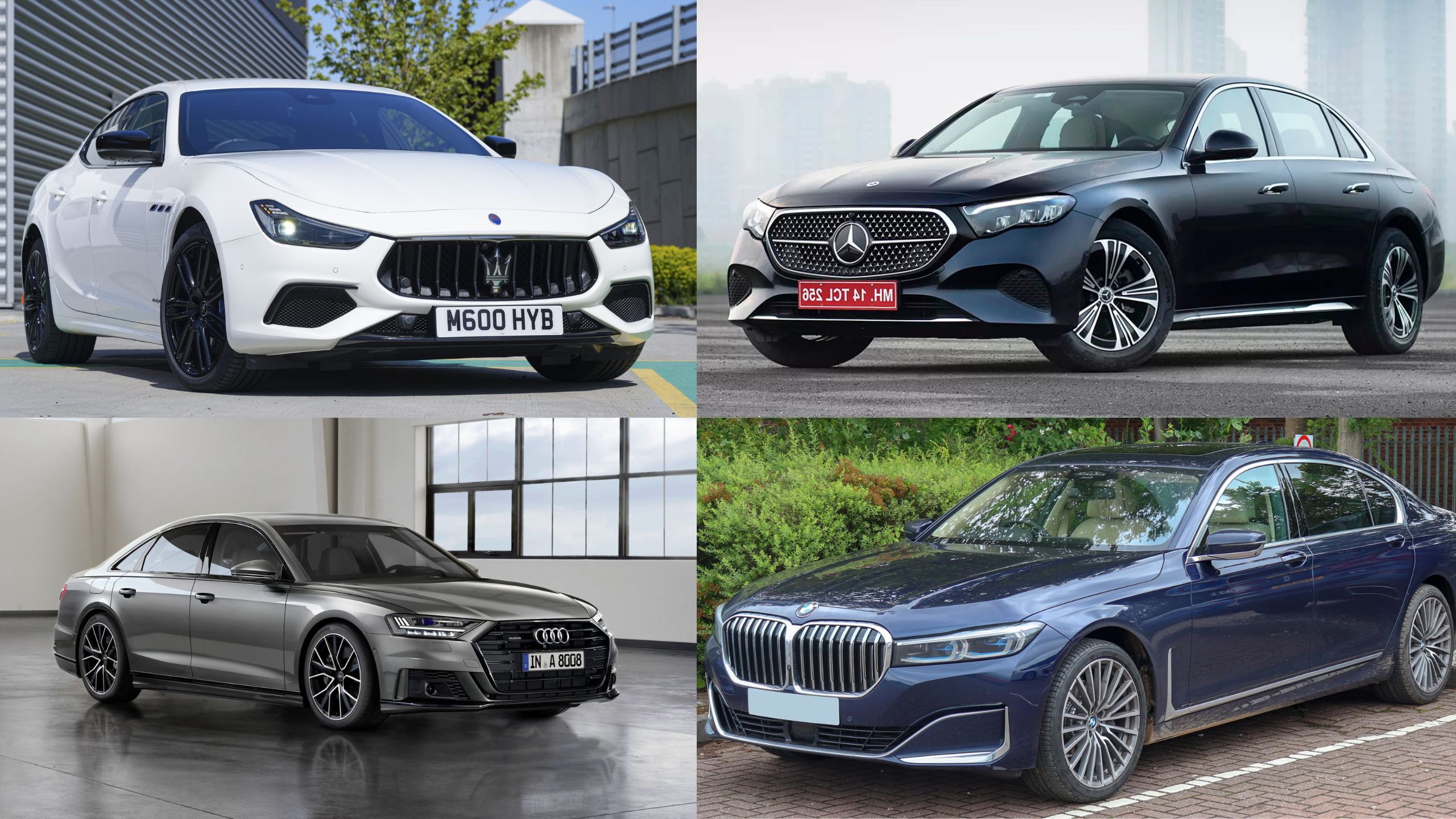When it comes to buying a car, considering its resale value is crucial. A vehicle with a high resale value can save you money in the long run, while a car with poor resale value can end up being a financial burden. Resale value is influenced by various factors, including brand reputation, reliability, demand, and depreciation rates.
Some cars tend to lose their value more quickly due to high maintenance costs, poor reliability, or simply not being in demand. In this article, we will explore ten cars with the worst resale value. These vehicles are known for their steep depreciation and should be avoided if you want to make a smart investment.
By understanding which cars have poor resale value, you can make a more informed decision when purchasing your next vehicle. From electric vehicles with outdated technology to luxury cars with high ownership costs, this list highlights the models that might not be the best choice for those looking to maximize their investment.
1. Nissan Leaf
The Nissan Leaf, an early pioneer in the electric vehicle market, has made significant strides in promoting eco-friendly transportation. However, despite its initial success and popularity, the Leaf faces challenges in maintaining its resale value.
One of the primary factors contributing to its rapid depreciation is the fast pace of advancements in electric vehicle (EV) technology. As newer models with extended ranges and improved features hit the market, the older Leaf models struggle to compete, leading to a decline in their value.
The Leaf is powered by a fully electric drivetrain, with the latest models offering a range of up to 226 miles on a single charge. While this range is commendable, earlier models had a significantly lower range, which has become a concern for potential buyers. The rapid advancements in battery technology have rendered some of the older Leaf models less appealing, further impacting their resale value.
Another factor affecting the Nissan Leaf’s resale value is the concern about battery degradation over time. Like all EVs, the Leaf’s battery pack loses capacity with age and usage, leading to reduced range and performance. Potential buyers are often wary of purchasing used EVs due to the uncertainty surrounding battery health and the high cost of replacement batteries.
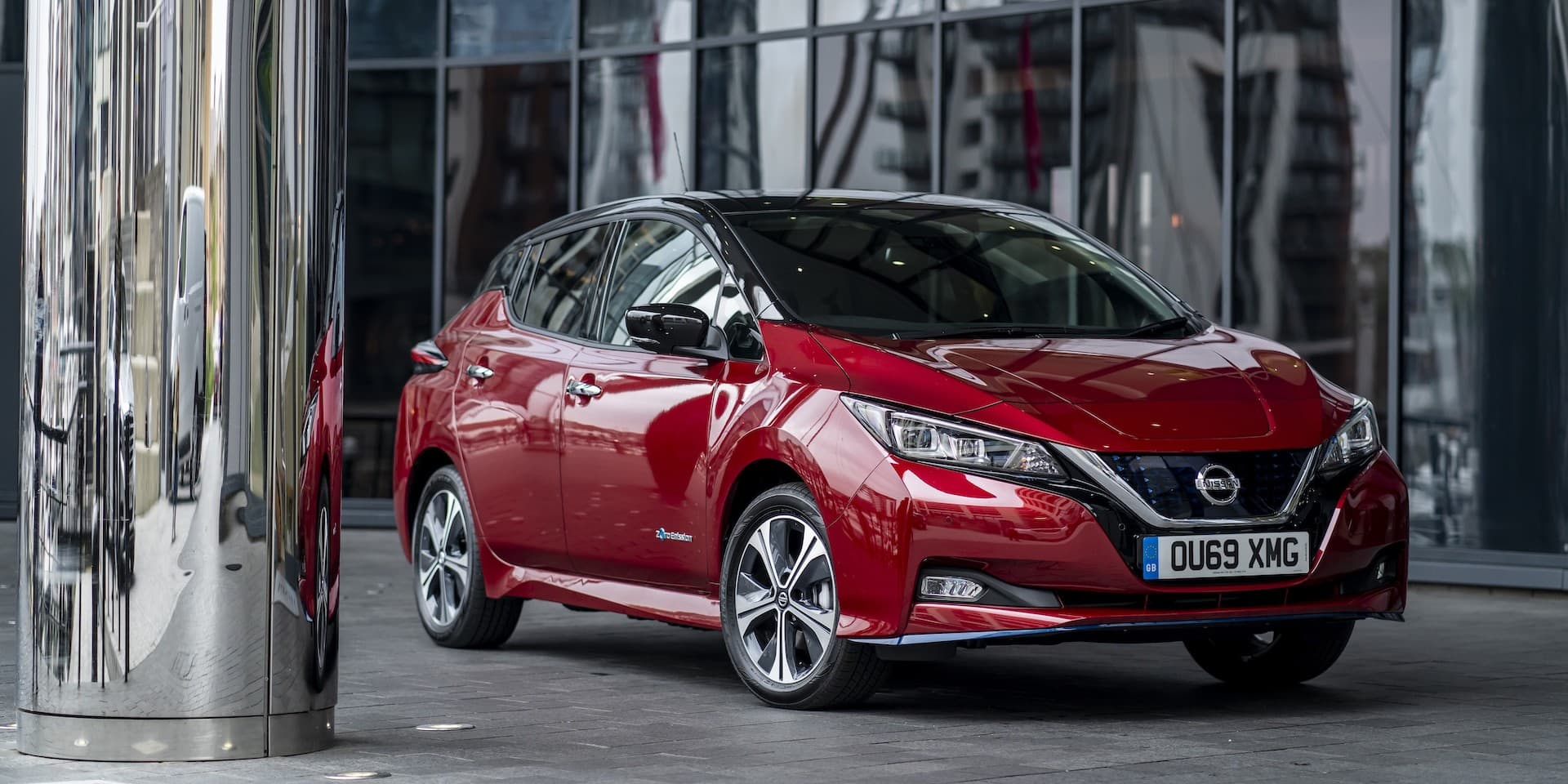
The Nissan Leaf also faces stiff competition from other electric vehicles that offer better performance, features, and range. Tesla’s Model 3, for instance, has gained significant market share and popularity, overshadowing the Leaf in many aspects. The increased competition has made it difficult for the Leaf to retain its value in the used car market.
Despite these challenges, the Nissan Leaf remains an important vehicle in the history of electric transportation. It has played a crucial role in making electric vehicles more accessible and affordable for the masses. The Leaf’s spacious interior, smooth and quiet ride, and zero-emission driving experience continue to attract environmentally conscious buyers.
Nissan has taken steps to address some of the concerns associated with the Leaf by offering improved battery warranties and introducing newer models with extended ranges and advanced features. These efforts have helped to enhance the Leaf’s appeal, but the challenges of rapid depreciation and battery concerns persist.
The Nissan Leaf is a pioneering electric vehicle that has significantly contributed to the adoption of eco-friendly transportation.
However, its rapid depreciation, concerns about battery health, and competition from newer EV models have negatively impacted its resale value. Buyers looking for a used electric vehicle should carefully consider these factors and explore options that offer better long-term value.
2. BMW 7 Series
The BMW 7 Series is a flagship luxury sedan that epitomizes opulence, advanced technology, and driving performance. As one of BMW’s most prestigious models, the 7 Series is known for its luxurious features, cutting-edge technology, and powerful engines. However, despite its premium status, the 7 Series faces significant challenges in maintaining its resale value.
One of the primary factors contributing to the rapid depreciation of the BMW 7 Series is the high cost of ownership. Luxury cars, in general, tend to depreciate quickly, and the 7 Series is no exception.
The high initial purchase price, combined with expensive maintenance and repair costs, makes it less appealing to potential buyers in the used car market. Additionally, luxury cars often come with advanced technology and features that can be costly to repair or replace, further impacting their long-term value.
Another factor affecting the resale value of the BMW 7 Series is the rapid advancement of automotive technology. As newer models are introduced with updated features, improved performance, and the latest technology, older models become less desirable.
The 7 Series is often at the forefront of innovation, introducing features such as gesture control, advanced driver assistance systems, and cutting-edge infotainment systems. However, these advancements can quickly become outdated, leading to a decline in the value of older models.
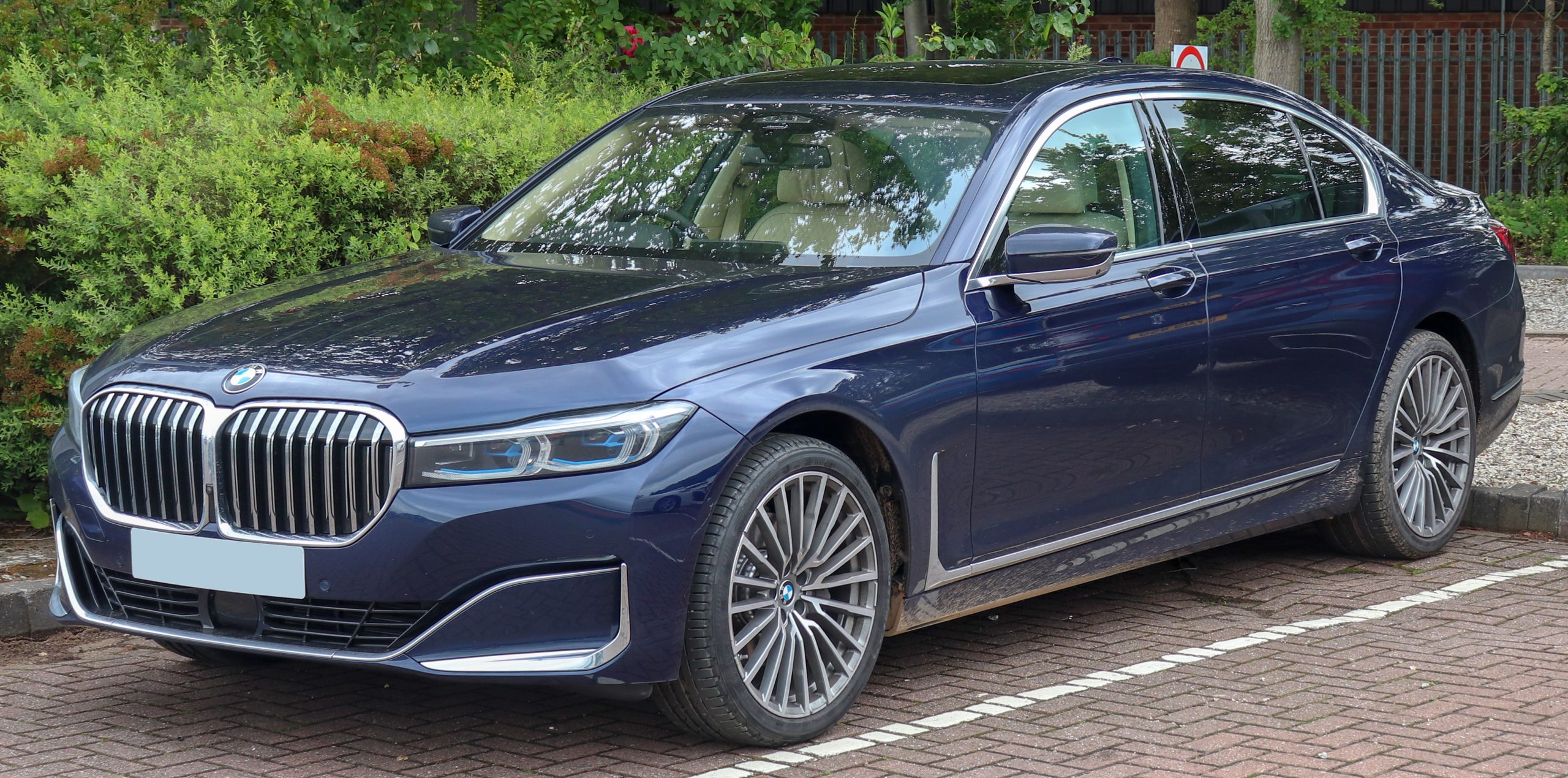
The BMW 7 Series also faces stiff competition from other luxury sedans, such as the Mercedes-Benz S-Class and Audi A8.
These competitors offer similar levels of luxury and performance, making it difficult for the 7 Series to stand out in the used car market. Potential buyers have a wide range of options to choose from, further contributing to the depreciation of the 7 Series.
Despite these challenges, the BMW 7 Series remains a highly desirable vehicle for those seeking a luxury sedan with exceptional performance and advanced features. The latest models offer a range of powerful engines, including turbocharged inline-sixes, V8s, and even a plug-in hybrid variant. The 7 Series also boasts a spacious and luxurious interior, with high-quality materials, advanced technology, and a comfortable ride.
BMW has taken steps to enhance the appeal of the 7 Series by offering comprehensive maintenance packages and warranties, which can help to mitigate some of the concerns associated with owning a luxury vehicle. However, the challenges of high depreciation and competition from other luxury sedans persist.
The BMW 7 Series is a flagship luxury sedan that offers opulence, advanced technology, and exceptional performance.
However, its high cost of ownership, rapid technological advancements, and competition from other luxury sedans have negatively impacted its resale value. Buyers looking for a used luxury sedan should carefully consider these factors and explore options that offer better long-term value.
3. Maserati Ghibli
The Maserati Ghibli is a luxurious and sporty sedan that combines Italian design flair with thrilling performance. As one of Maserati’s most popular models, the Ghibli offers a unique blend of elegance, power, and exclusivity.
However, despite its allure and prestige, the Ghibli faces significant challenges in maintaining its resale value.
One of the primary factors contributing to the rapid depreciation of the Maserati Ghibli is its high cost of ownership. Luxury and exotic cars, in general, tend to depreciate quickly, and the Ghibli is no exception.
The high initial purchase price, coupled with expensive maintenance and repair costs, makes it less appealing to potential buyers in the used car market. Maserati’s reputation for high maintenance costs and the need for specialized service further impact Ghibli’s long-term value.
Another factor affecting the resale value of the Maserati Ghibli is its relatively limited brand recognition compared to established luxury brands like BMW, Mercedes-Benz, and Audi.
While Maserati is renowned for its rich heritage and Italian craftsmanship, it lacks the widespread recognition and reliability reputation of its German counterparts.
This limited brand recognition can make potential buyers hesitant, leading to a decline in demand and value for used Ghibli models.
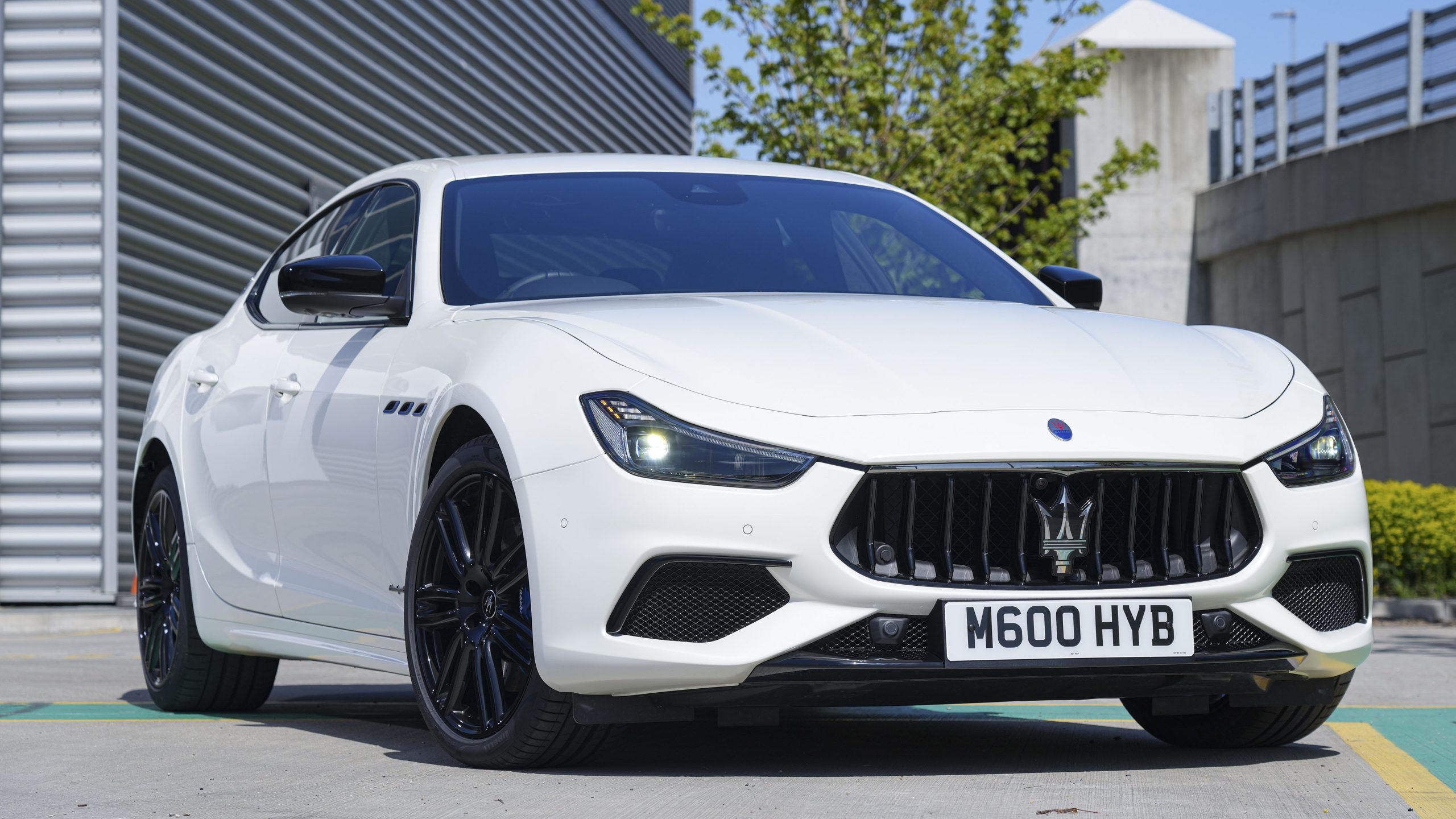
The Maserati Ghibli also faces stiff competition from other luxury sedans in its segment, such as the BMW 5 Series, Mercedes-Benz E-Class, and Audi A6.
These competitors offer similar levels of luxury, performance, and technology, making it challenging for the Ghibli to stand out in the crowded luxury sedan market. Potential buyers have a wide range of options to choose from, further contributing to the depreciation of the Ghibli.
Despite these challenges, the Maserati Ghibli remains an attractive choice for those seeking a luxury sedan with Italian flair and sporty performance.
The Ghibli is powered by a range of potent engines, including a twin-turbocharged V6 that delivers impressive acceleration and thrilling driving dynamics. The car’s sharp handling and responsive steering make it a joy to drive on winding roads.
The interior of the Maserati Ghibli exudes elegance and sophistication, with high-quality materials, fine leather upholstery, and intricate stitching. The cabin is designed to provide a luxurious and comfortable experience, with advanced technology and infotainment systems to keep occupants entertained and connected.
Maserati has taken steps to enhance the appeal of the Ghibli by offering comprehensive maintenance packages and extended warranties, which can help to mitigate some of the concerns associated with owning a luxury vehicle.
However, the challenges of high depreciation, limited brand recognition, and competition from other luxury sedans persist.
The Maserati Ghibli is a luxurious and sporty sedan that offers Italian design flair and thrilling performance.
However, its high cost of ownership, limited brand recognition, and competition from other luxury sedans have negatively impacted its resale value. Buyers looking for a used luxury sedan should carefully consider these factors and explore options that offer better long-term value.
4. Audi A8
The Audi A8 is a flagship luxury sedan that epitomizes sophistication, advanced technology, and exceptional performance. As one of Audi’s most prestigious models, the A8 is known for its luxurious features, cutting-edge technology, and powerful engines. However, despite its premium status, the A8 faces significant challenges in maintaining its resale value.
One of the primary factors contributing to the rapid depreciation of the Audi A8 is the high cost of ownership. Luxury cars, in general, tend to depreciate quickly, and the A8 is no exception. The high initial purchase price, combined with expensive maintenance and repair costs, makes it less appealing to potential buyers in the used car market.
Additionally, luxury cars often come with advanced technology and features that can be costly to repair or replace, further impacting their long-term value.
Another factor affecting the resale value of the Audi A8 is the rapid advancement of automotive technology. As newer models are introduced with updated features, improved performance, and the latest technology, older models become less desirable.
The A8 is often at the forefront of innovation, introducing features such as advanced driver assistance systems, cutting-edge infotainment systems, and high-quality materials. However, these advancements can quickly become outdated, leading to a decline in the value of older models.
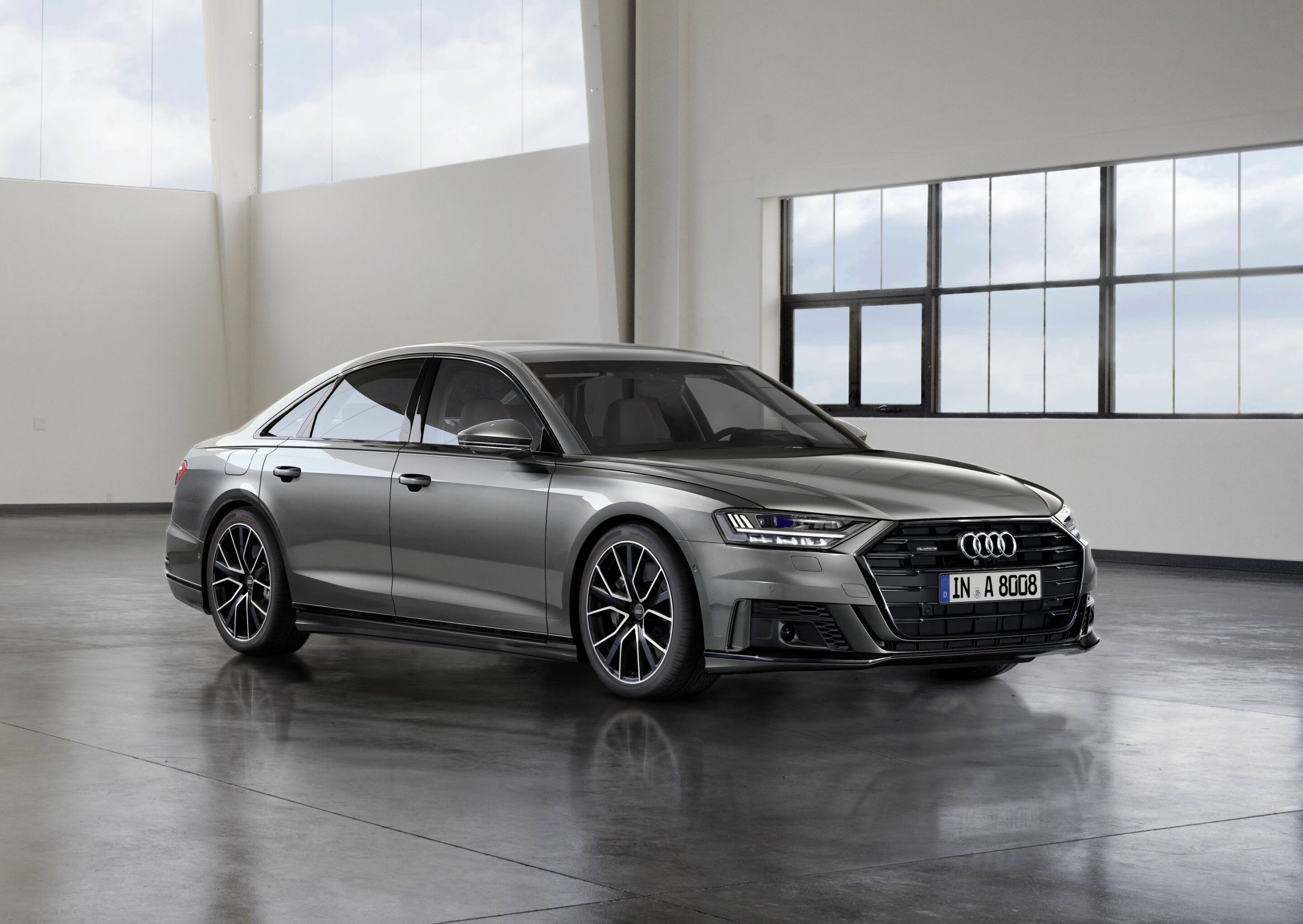
The Audi A8 also faces stiff competition from other luxury sedans, such as the BMW 7 Series and Mercedes-Benz S-Class.
These competitors offer similar levels of luxury and performance, making it difficult for the A8 to stand out in the used car market. Potential buyers have a wide range of options to choose from, further contributing to the depreciation of the A8.
Despite these challenges, the Audi A8 remains a highly desirable vehicle for those seeking a luxury sedan with exceptional performance and advanced features.
The latest models offer a range of powerful engines, including turbocharged V6 engines, V8s, and even a plug-in hybrid variant. The A8 also boasts a spacious and luxurious interior, with high-quality materials, advanced technology, and a comfortable ride.
Audi has taken steps to enhance the appeal of the A8 by offering comprehensive maintenance packages and warranties, which can help to mitigate some of the concerns associated with owning a luxury vehicle. However, the challenges of high depreciation and competition from other luxury sedans persist.
The Audi A8 is a flagship luxury sedan that offers sophistication, advanced technology, and exceptional performance.
However, its high cost of ownership, rapid technological advancements, and competition from other luxury sedans have negatively impacted its resale value. Buyers looking for a used luxury sedan should carefully consider these factors and explore options that offer better long-term value.
Also Read: 10 Best Winter Cars for Snow and Ice 2025: Top Picks for Every Category
5. Jaguar XF
The Jaguar XF is a luxurious and stylish sedan that combines British elegance with sporty performance. As one of Jaguar’s most popular models, the XF offers a unique blend of sophistication, advanced technology, and driving dynamics. However, despite its allure and prestige, the XF faces significant challenges in maintaining its resale value.
One of the primary factors contributing to the rapid depreciation of the Jaguar XF is its high cost of ownership. Luxury cars, in general, tend to depreciate quickly, and the XF is no exception.
The high initial purchase price, coupled with expensive maintenance and repair costs, makes it less appealing to potential buyers in the used car market. Jaguar’s reputation for high maintenance costs and the need for specialized service further impact the XF’s long-term value.
Another factor affecting the resale value of the Jaguar XF is its relatively limited brand recognition compared to established luxury brands like BMW, Mercedes-Benz, and Audi.
While Jaguar is renowned for its rich heritage and British craftsmanship, it lacks the widespread recognition and reliability reputation of its German counterparts. This limited brand recognition can make potential buyers hesitant, leading to a decline in demand and value for used XF models.
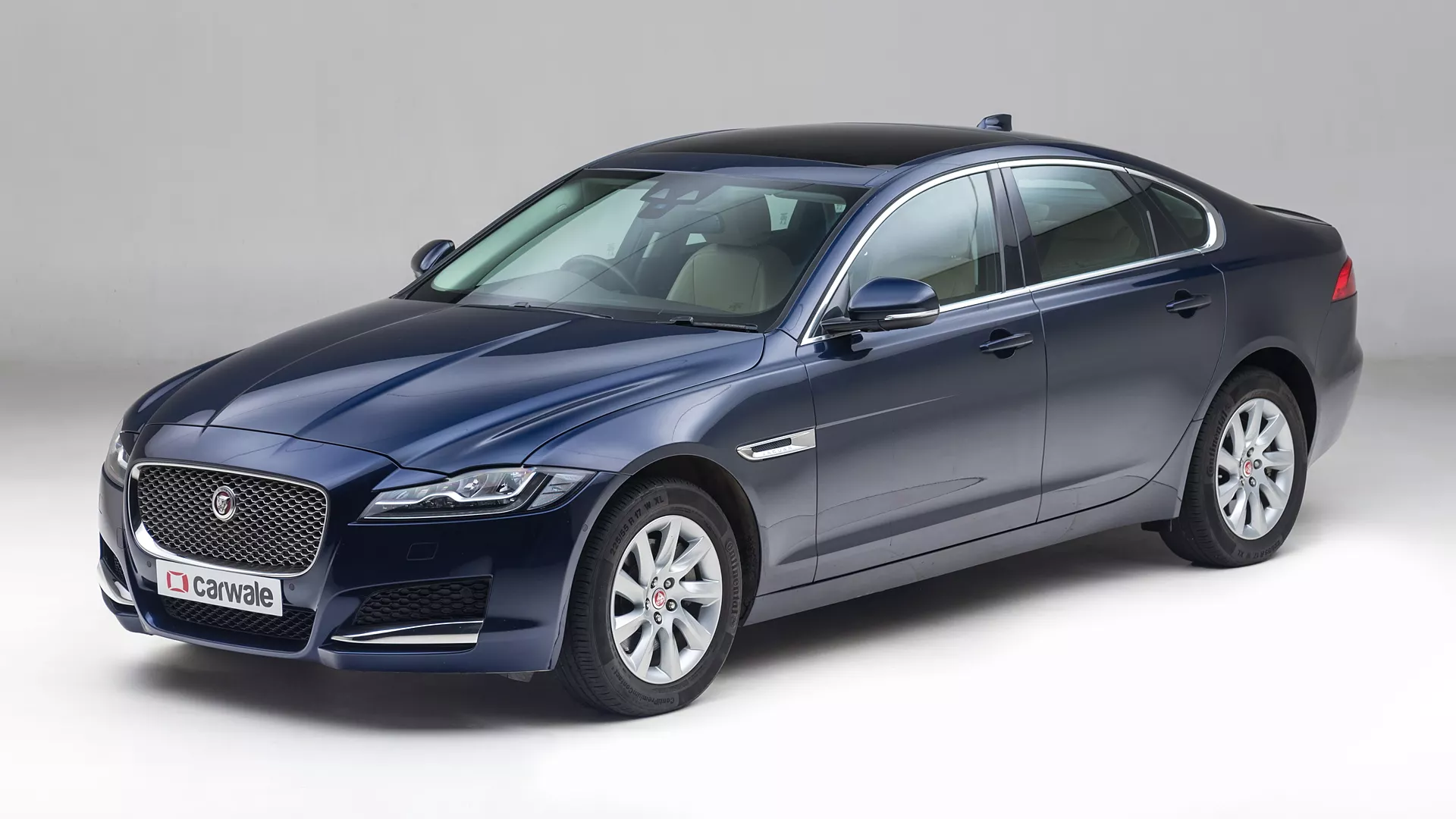
The Jaguar XF also faces stiff competition from other luxury sedans in its segment, such as the BMW 5 Series, Mercedes-Benz E-Class, and Audi A6.
These competitors offer similar levels of luxury, performance, and technology, making it challenging for the XF to stand out in the crowded luxury sedan market. Potential buyers have a wide range of options to choose from, further contributing to the depreciation of the XF.
Despite these challenges, the Jaguar XF remains an attractive choice for those seeking a luxury sedan with British flair and sporty performance.
The XF is powered by a range of potent engines, including turbocharged four-cylinder and V6 options that deliver impressive acceleration and thrilling driving dynamics. The car’s sharp handling and responsive steering make it a joy to drive on winding roads.
The interior of the Jaguar XF exudes elegance and sophistication, with high-quality materials, fine leather upholstery, and intricate stitching.
The cabin is designed to provide a luxurious and comfortable experience, with advanced technology and infotainment systems to keep occupants entertained and connected.
Jaguar has taken steps to enhance the appeal of the XF by offering comprehensive maintenance packages and extended warranties, which can help to mitigate some of the concerns associated with owning a luxury vehicle.
However, the challenges of high depreciation, limited brand recognition, and competition from other luxury sedans persist.
The Jaguar XF is a luxurious and stylish sedan that offers British elegance and sporty performance. However, its high cost of ownership, limited brand recognition, and competition from other luxury sedans have negatively impacted its resale value.
Buyers looking for a used luxury sedan should carefully consider these factors and explore options that offer better long-term value.
6. Land Rover Range Rover
The Land Rover Range Rover is an iconic luxury SUV that combines off-road capability with opulent comfort. As one of Land Rover’s flagship models, the Range Rover is known for its ruggedness, advanced technology, and refined interior.
However, despite its premium status, the Range Rover faces significant challenges in maintaining its resale value.
One of the primary factors contributing to the rapid depreciation of the Land Rover Range Rover is its high cost of ownership. Luxury SUVs, in general, tend to depreciate quickly, and the Range Rover is no exception.
The high initial purchase price, combined with expensive maintenance and repair costs, makes it less appealing to potential buyers in the used car market. Land Rover’s reputation for high maintenance costs and the need for specialized service further impact the Range Rover’s long-term value.
Another factor affecting the resale value of the Land Rover Range Rover is its relatively limited reliability compared to other luxury SUVs.
While the Range Rover is renowned for its off-road capability and luxury features, it has faced issues with reliability and durability over the years. Potential buyers are often wary of purchasing used Range Rovers due to concerns about long-term reliability and the high cost of repairs.
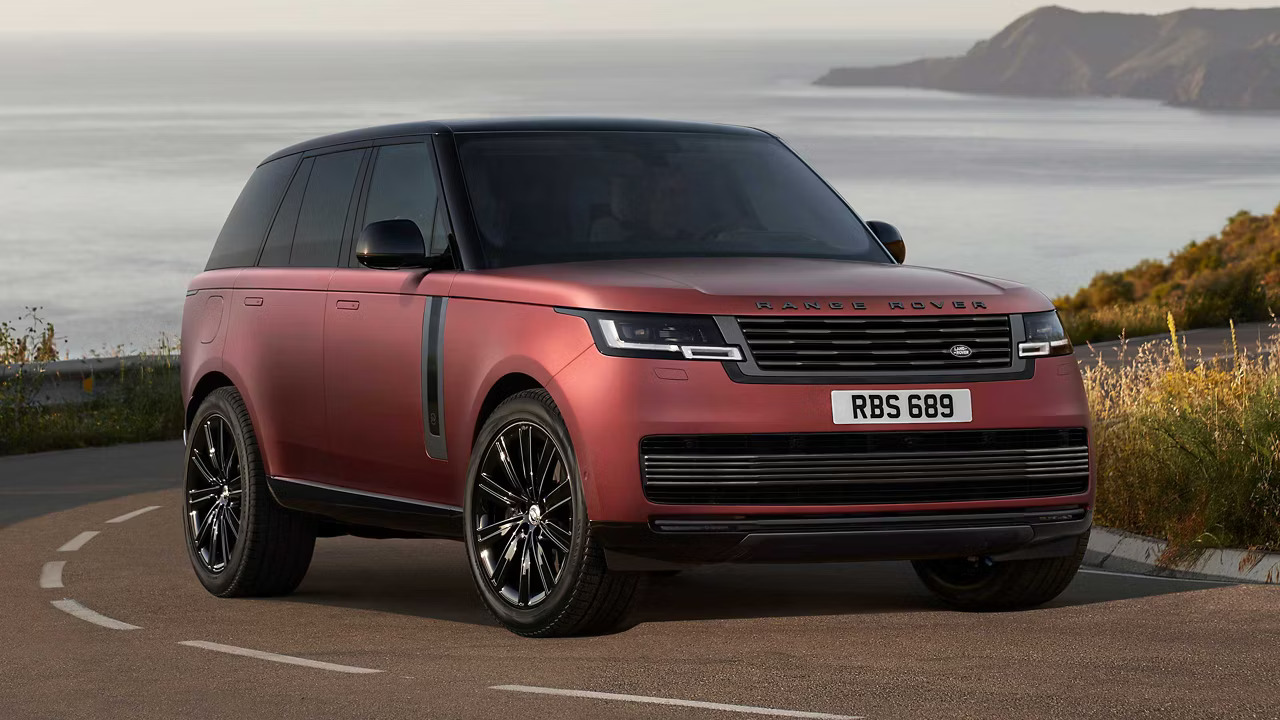
The Land Rover Range Rover also faces stiff competition from other luxury SUVs, such as the BMW X7, Mercedes-Benz GLS, and Audi Q7.
These competitors offer similar levels of luxury, performance, and technology, making it challenging for the Range Rover to stand out in the crowded luxury SUV market. Potential buyers have a wide range of options to choose from, further contributing to the depreciation of the Range Rover.
Despite these challenges, the Land Rover Range Rover remains a highly desirable vehicle for those seeking a luxury SUV with off-road capability and refined comfort.
The latest models offer a range of powerful engines, including turbocharged and supercharged options, providing impressive performance and towing capacity. The Range Rover also boasts a spacious and luxurious interior, with high-quality materials, advanced technology, and a comfortable ride.
Land Rover has taken steps to enhance the appeal of the Range Rover by offering comprehensive maintenance packages and extended warranties, which can help to mitigate some of the concerns associated with owning a luxury SUV. However, the challenges of high depreciation, reliability issues, and competition from other luxury SUVs persist.
The Land Rover Range Rover is an iconic luxury SUV that offers off-road capability and opulent comfort. However, its high cost of ownership, reliability concerns, and competition from other luxury SUVs have negatively impacted its resale value. Buyers looking for a used luxury SUV should carefully consider these factors and explore options that offer better long-term value.
7. Mercedes-Benz S-Class
The Mercedes-Benz S-Class is a flagship luxury sedan that epitomizes elegance, advanced technology, and exceptional performance. As one of Mercedes-Benz’s most prestigious models, the S-Class is known for its opulent features, cutting-edge technology, and powerful engines. However, despite its premium status, the S-Class faces significant challenges in maintaining its resale value.
One of the primary factors contributing to the rapid depreciation of the Mercedes-Benz S-Class is the high cost of ownership. Luxury cars, in general, tend to depreciate quickly, and the S-Class is no exception.
The high initial purchase price, combined with expensive maintenance and repair costs, makes it less appealing to potential buyers in the used car market. Additionally, luxury cars often come with advanced technology and features that can be costly to repair or replace, further impacting their long-term value.
Another factor affecting the resale value of the Mercedes-Benz S-Class is the rapid advancement of automotive technology.
As newer models are introduced with updated features, improved performance, and the latest technology, older models become less desirable. The S-Class is often at the forefront of innovation, introducing features such as advanced driver assistance systems, cutting-edge infotainment systems, and high-quality materials. However, these advancements can quickly become outdated, leading to a decline in the value of older models.
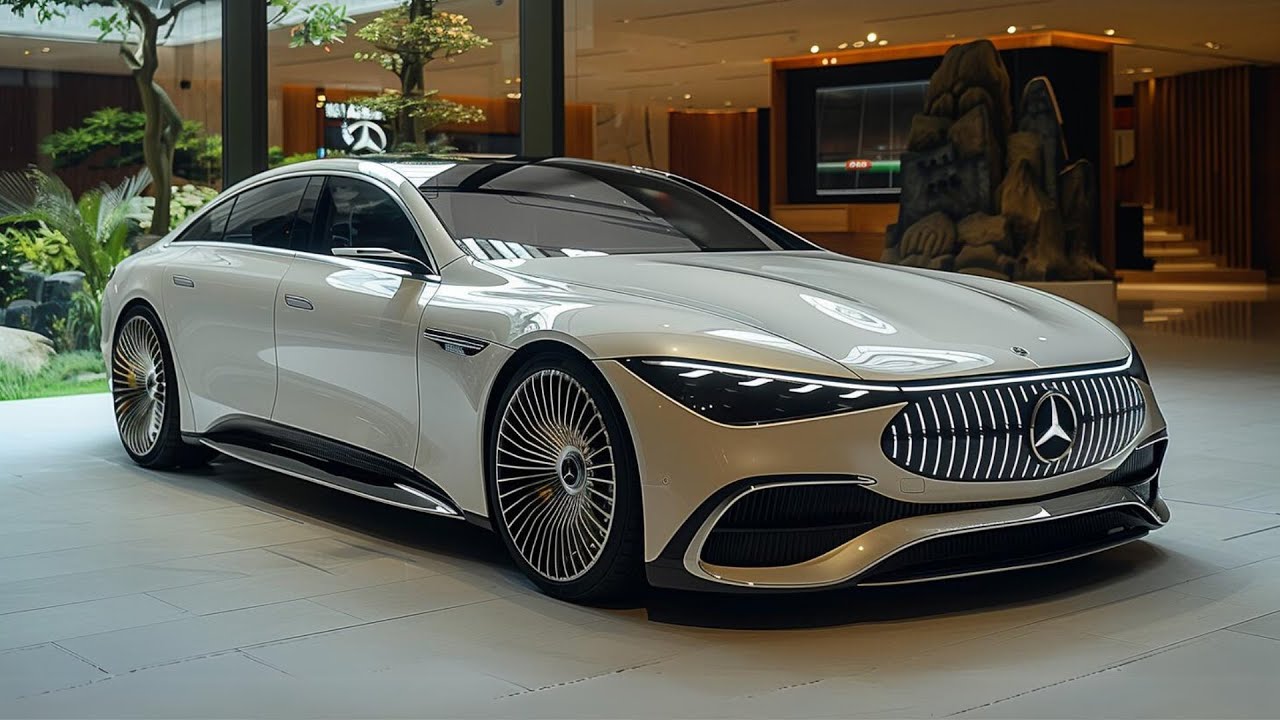
The Mercedes-Benz S-Class also faces stiff competition from other luxury sedans, such as the BMW 7 Series and Audi A8.
These competitors offer similar levels of luxury and performance, making it difficult for the S-Class to stand out in the used car market. Potential buyers have a wide range of options to choose from, further contributing to the depreciation of the S-Class.
Despite these challenges, the Mercedes-Benz S-Class remains a highly desirable vehicle for those seeking a luxury sedan with exceptional performance and advanced features.
The latest models offer a range of powerful engines, including turbocharged inline-sixes, V8s, and even a plug-in hybrid variant. The S-Class also boasts a spacious and luxurious interior, with high-quality materials, advanced technology, and a comfortable ride.
Mercedes-Benz has taken steps to enhance the appeal of the S-Class by offering comprehensive maintenance packages and warranties, which can help to mitigate some of the concerns associated with owning a luxury vehicle. However, the challenges of high depreciation and competition from other luxury sedans persist.
The Mercedes-Benz S-Class is a flagship luxury sedan that offers elegance, advanced technology, and exceptional performance.
However, its high cost of ownership, rapid technological advancements, and competition from other luxury sedans have negatively impacted its resale value. Buyers looking for a used luxury sedan should carefully consider these factors and explore options that offer better long-term value.
8. Porsche Panamera
The Porsche Panamera is a luxury sports sedan that combines the performance of a sports car with the comfort and practicality of a sedan. As one of Porsche’s most versatile models, the Panamera offers a unique blend of sporty handling, advanced technology, and opulent features. However, despite its allure and performance, the Panamera faces significant challenges in maintaining its resale value.
One of the primary factors contributing to the rapid depreciation of the Porsche Panamera is its high cost of ownership. Luxury sports sedans, in general, tend to depreciate quickly, and the Panamera is no exception.
The high initial purchase price, combined with expensive maintenance and repair costs, makes it less appealing to potential buyers in the used car market. Porsche’s reputation for high maintenance costs and the need for specialized service further impact the Panamera’s long-term value.
Another factor affecting the resale value of the Porsche Panamera is the rapid advancement of automotive technology. As newer models are introduced with updated features, improved performance, and the latest technology, older models become less desirable.
The Panamera is often at the forefront of innovation, introducing features such as advanced driver assistance systems, high-resolution displays, and infotainment interfaces. However, these advancements can quickly become outdated, leading to a decline in the value of older models.
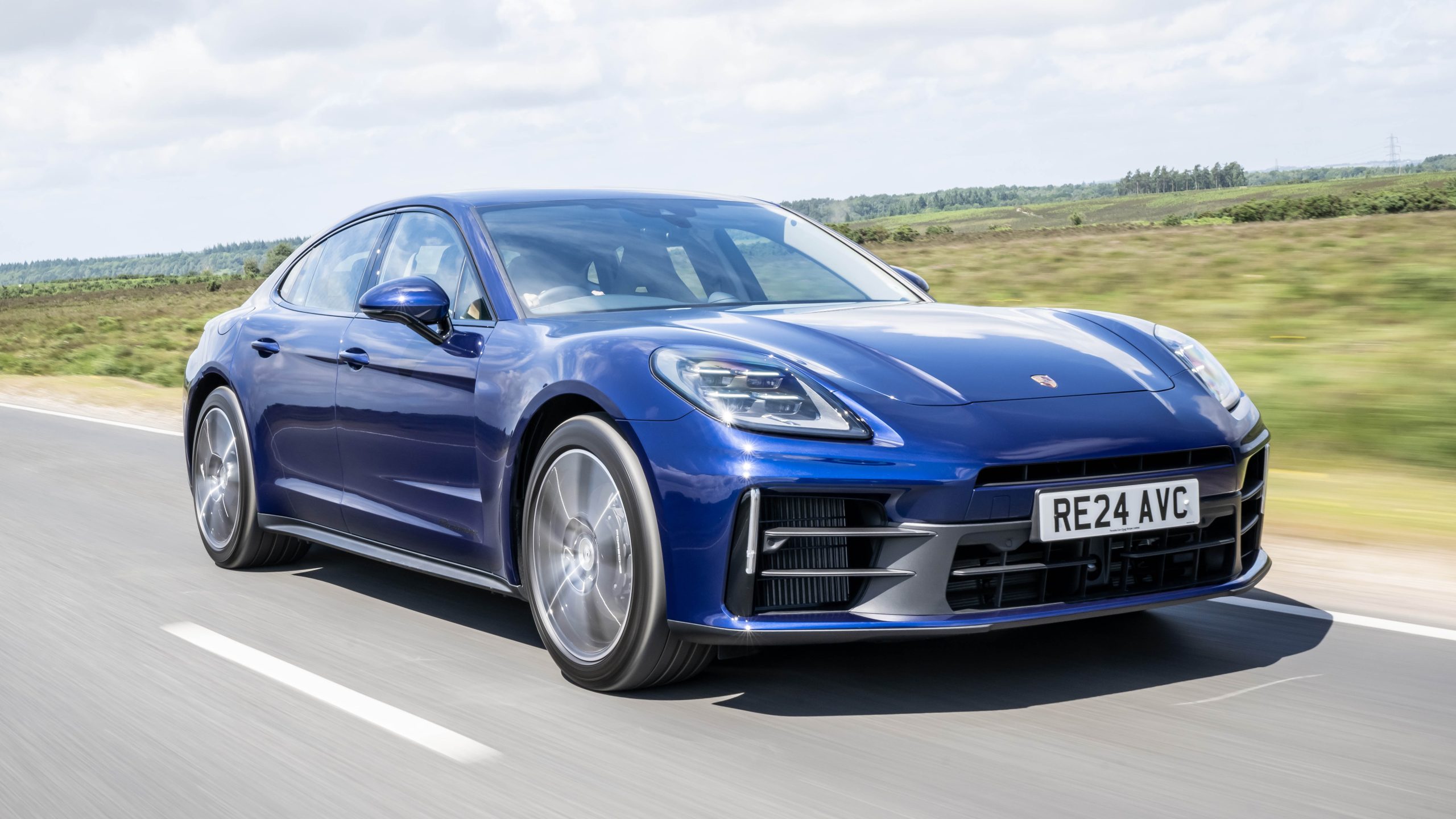
The Porsche Panamera also faces stiff competition from other luxury sports sedans, such as the BMW 8 Series Gran Coupe, Mercedes-Benz CLS, and Audi S7. These competitors offer similar levels of luxury and performance, making it challenging for the Panamera to stand out in the used car market. Potential buyers have a wide range of options to choose from, further contributing to the depreciation of the Panamera.
Despite these challenges, the Porsche Panamera remains a highly desirable vehicle for those seeking a luxury sports sedan with exceptional performance and advanced features.
The latest models offer a range of powerful engines, including turbocharged V6s, V8s, and even a plug-in hybrid variant. The Panamera also boasts a spacious and luxurious interior, with high-quality materials, advanced technology, and a comfortable ride.
Porsche has taken steps to enhance the appeal of the Panamera by offering comprehensive maintenance packages and extended warranties, which can help to mitigate some of the concerns associated with owning a luxury sports sedan. However, the challenges of high depreciation and competition from other luxury sedans persist.
The Porsche Panamera is a luxury sports sedan that offers the performance of a sports car and the comfort of a sedan.
However, its high cost of ownership, rapid technological advancements, and competition from other luxury sports sedans have negatively impacted its resale value. Buyers looking for a used luxury sports sedan should carefully consider these factors and explore options that offer better long-term value.
9. BMW 5 Series
The BMW 5 Series is a mid-size luxury sedan that combines sporty performance with refined comfort. As one of BMW’s most popular models, the 5 Series is known for its dynamic driving experience, advanced technology, and luxurious features. However, despite its premium status, the 5 Series faces significant challenges in maintaining its resale value.
One of the primary factors contributing to the rapid depreciation of the BMW 5 Series is the high cost of ownership. Luxury cars, in general, tend to depreciate quickly, and the 5 Series is no exception. The high initial purchase price and expensive maintenance and repair costs make it less appealing to potential buyers in the used car market. Additionally, luxury cars often come with advanced technology and features that can be costly to repair or replace, further impacting their long-term value.
Another factor affecting the resale value of the BMW 5 Series is the rapid advancement of automotive technology. As newer models are introduced with updated features, improved performance, and the latest technology, older models become less desirable.
The 5 Series is often at the forefront of innovation, introducing features such as advanced driver assistance systems, cutting-edge infotainment systems, and high-quality materials. However, these advancements can quickly become outdated, leading to a decline in the value of older models.
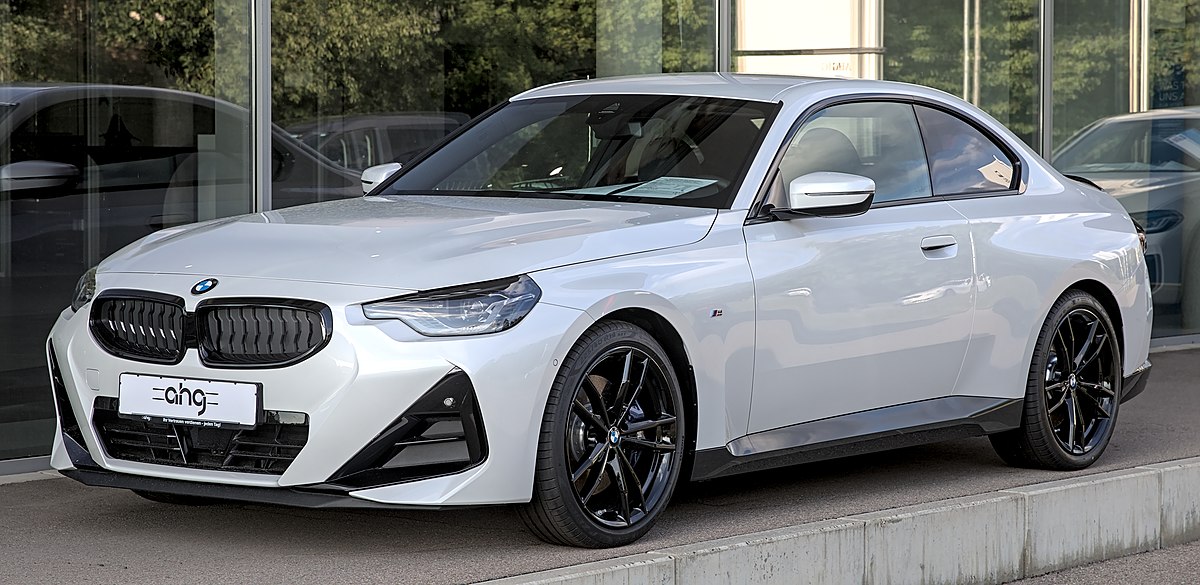
The BMW 5 Series also faces stiff competition from other mid-size luxury sedans, such as the Mercedes-Benz E-Class, Audi A6, and Jaguar XF. These competitors offer similar levels of luxury and performance, making it difficult for the 5 Series to stand out in the used car market. Potential buyers have a wide range of options to choose from, further contributing to the depreciation of the 5 Series.
Despite these challenges, the BMW 5 Series remains a highly desirable vehicle for those seeking a luxury sedan with sporty performance and advanced features.
The latest models offer a range of powerful engines, including turbocharged inline-fours, sixes, V8s, and even a plug-in hybrid variant. The 5 Series also boasts a spacious and luxurious interior, with high-quality materials, advanced technology, and a comfortable ride.
BMW has taken steps to enhance the appeal of the 5 Series by offering comprehensive maintenance packages and warranties, which can help to mitigate some of the concerns associated with owning a luxury vehicle. However, the challenges of high depreciation and competition from other luxury sedans persist.
The BMW 5 Series is a mid-size luxury sedan that offers sporty performance, advanced technology, and refined comfort.
However, its high cost of ownership, rapid technological advancements, and competition from other mid-size luxury sedans have negatively impacted its resale value. Buyers looking for a used luxury sedan should carefully consider these factors and explore options that offer better long-term value.
10. Mercedes-Benz E-Class
The Mercedes-Benz E-Class is a mid-size luxury sedan that epitomizes elegance, advanced technology, and exceptional performance.
As one of Mercedes-Benz’s most popular models, the E-Class is known for its luxurious features, cutting-edge technology, and refined driving experience. However, despite its premium status, the E-Class faces significant challenges in maintaining its resale value.
One of the primary factors contributing to the rapid depreciation of the Mercedes-Benz E-Class is the high cost of ownership. Luxury cars, in general, tend to depreciate quickly, and the E-Class is no exception.
The high initial purchase price, combined with expensive maintenance and repair costs, makes it less appealing to potential buyers in the used car market. Additionally, luxury cars often come with advanced technology and features that can be costly to repair or replace, further impacting their long-term value.
Another factor affecting the resale value of the Mercedes-Benz E-Class is the rapid advancement of automotive technology.
As newer models are introduced with updated features, improved performance, and the latest technology, older models become less desirable.
The E-Class is often at the forefront of innovation, introducing features such as advanced driver assistance systems, cutting-edge infotainment systems, and high-quality materials. However, these advancements can quickly become outdated, leading to a decline in the value of older models.
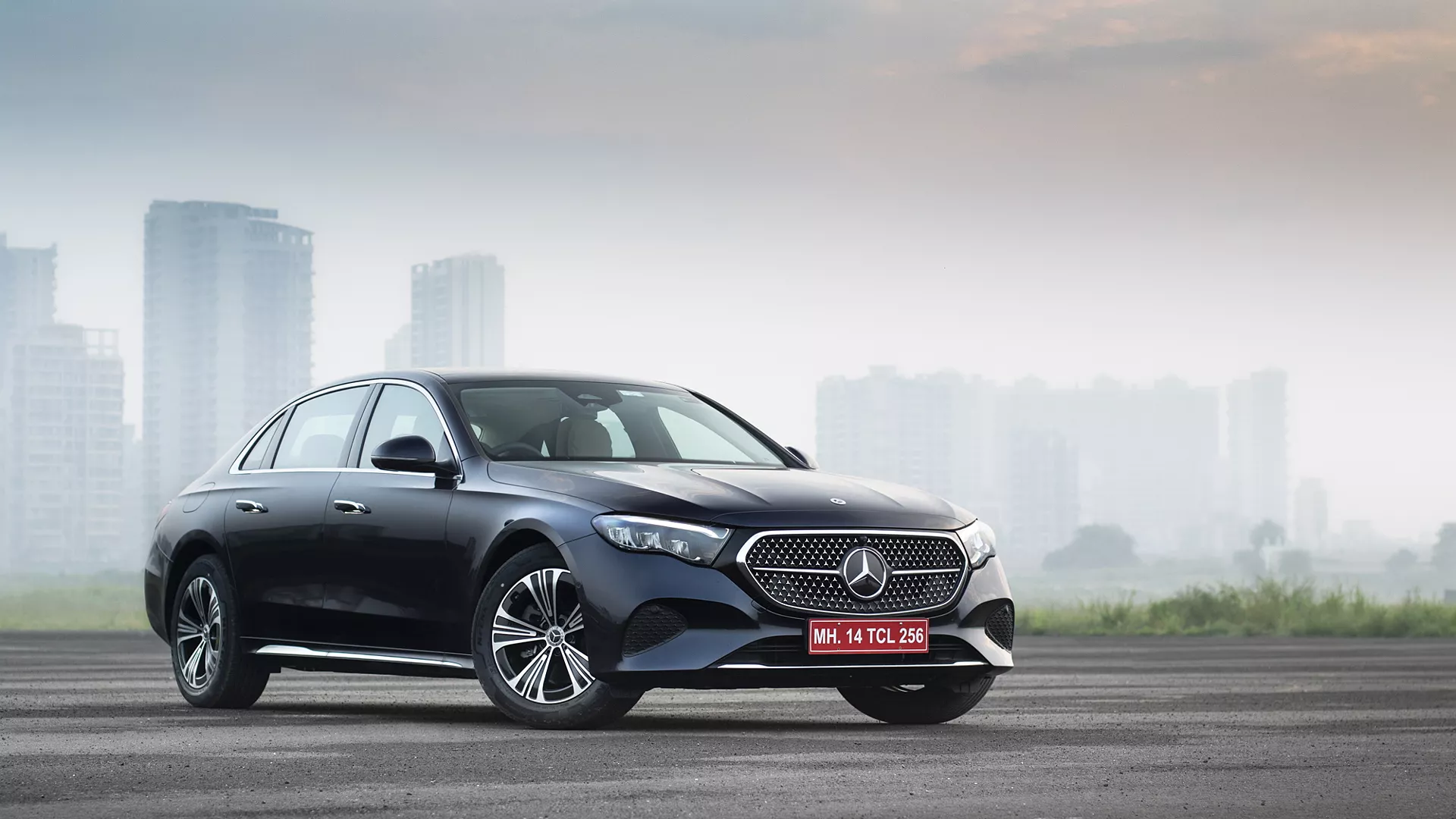
The Mercedes-Benz E-Class also faces stiff competition from other mid-size luxury sedans, such as the BMW 5 Series, Audi A6, and Jaguar XF.
These competitors offer similar levels of luxury and performance, making it difficult for the E-Class to stand out in the used car market. Potential buyers have a wide range of options to choose from, further contributing to the depreciation of the E-Class.
Despite these challenges, the Mercedes-Benz E-Class remains a highly desirable vehicle for those seeking a luxury sedan with exceptional performance and advanced features.
The latest models offer a range of powerful engines, including turbocharged inline-fours, sixes, V8s, and even a plug-in hybrid variant. The E-Class also boasts a spacious and luxurious interior, with high-quality materials, advanced technology, and a comfortable ride.
Mercedes-Benz has taken steps to enhance the appeal of the E-Class by offering comprehensive maintenance packages and warranties, which can help to mitigate some of the concerns associated with owning a luxury vehicle.
However, the challenges of high depreciation and competition from other luxury sedans persist.
The Mercedes-Benz E-Class is a mid-size luxury sedan that offers elegance, advanced technology, and exceptional performance.
However, its high cost of ownership, rapid technological advancements, and competition from other mid-size luxury sedans have negatively impacted its resale value. Buyers looking for a used luxury sedan should carefully consider these factors and explore options that offer better long-term value.
Also Read: 10 Best First Cars for New Drivers in 2025: Safe, Affordable, and Feature-Packed Options

